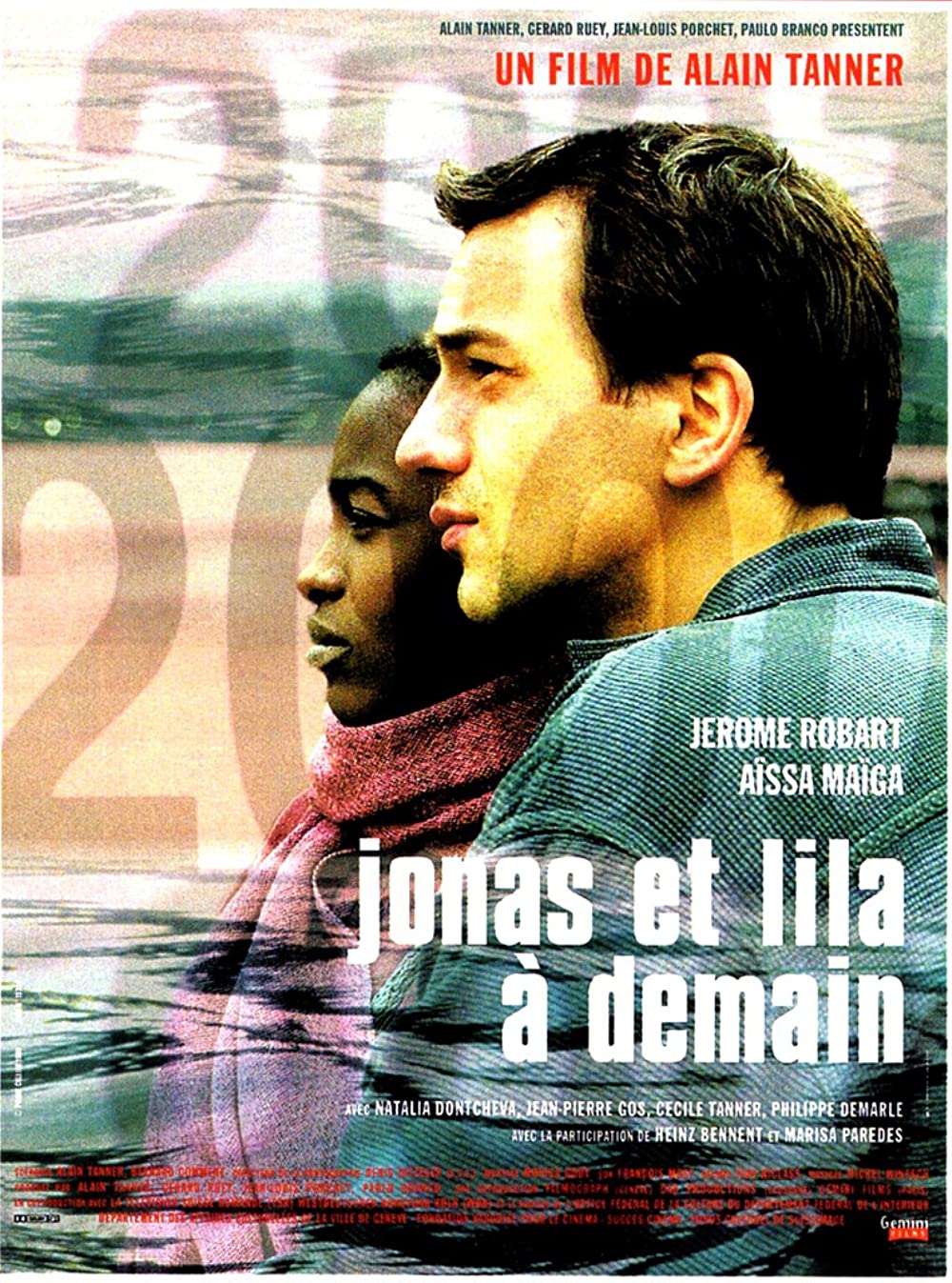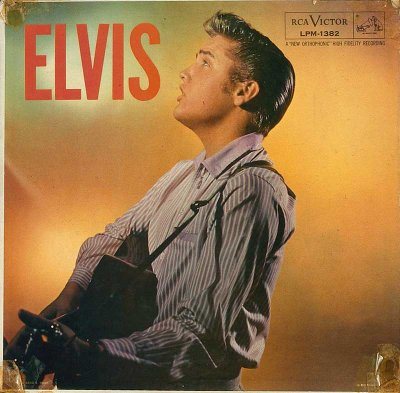
No need to make invidious comparisons, but the films of Alain Tanner came closer to me than Godard’s. If you dug Jonas who will 25 in the Year 2000, click the link above and watch Jonas and Lila, Until Tomorrow, which Tanner made in 1999.
A Website of the Radical Imagination

No need to make invidious comparisons, but the films of Alain Tanner came closer to me than Godard’s. If you dug Jonas who will 25 in the Year 2000, click the link above and watch Jonas and Lila, Until Tomorrow, which Tanner made in 1999.
Almost all popular culture is dedicated to Denial. Nothing new there.
Arlo McKinley (AKA Timothy Dairl Carr) made his great new CD, This Mess We’re In, in Memphis and you sense the lights up the river even as he gives it to you straight about the state of the white working class in Ohiopioid. The sound of This Mess is Memphis’s. Perfect weaves of country/soul/gospel with an inner power. Organ-and-fiddle melting into one another with the beat behind it as Arlo rolls on, strong as death, sweet as love.
I recently read Josh Rothman’s The Ledger and the Chain: How Domestic Slave Traders Shaped America. This is one of the best history books that I have ever read.
Per Timothy Tyson (in his review above): “Martha Sweart, Martha Sweart, I will never forget her.” Neither will you if you read the following excerpt from Joshua D. Rothman’s The Ledger and the Chain: How Domestic Slave Traders Shaped America.
A purchasing agent working for Rice Ballard passed through the central Virginia town of Charlottesville and bought sixteen-year-old Martha Sweart for $350. That was between $50 and $100 more than slave traders were typically spending for young women early in 1832, but Ballard’s agent believed a buyer in the lower South might pay a premium for her.
What follows was first published as the Afterword to the facsimile reissue of Conversations with the Dead (Phaidon, 2015). (Available here.) Reprinted in Danny Lyon: American Blood: Selected Writings 1961-2020, (Karma Books, New York).
.
It is estimated that 15 to 20 million Americans think violence would be justified to return Trump to office.
Set aside for the moment that anybody, let alone 20 million anybodies, is willing to commit violence, go to jail, die, for that guy. That is something most of us will never understand. Folks going to the mattresses for the most self-centered guy on the planet.
My mother’s maiden name was Claudette Winfield. Her twin brother was named Claude Winfield. She left home for college to attend Jackson State University and met a young man named Claude McInnis who was named after his uncle Claude Brown. That’s a whole lotta damn Claudes, which is why my Pops never intended for me to be a junior. My mother’s twin was her best friend until the day she died. As siblings, they argued and disagreed often. As siblings, no one else could say anything bad about the other one. So, when I learned Wednesday that my mother’s twin, my Uncle Claude, had passed, I realized that is the end of the Claudes. But, more importantly, that is the end of one of the most important people in my life.
In the spring of 2006, when Ellen Willis was battling the cancer that would take her life later that year, she emailed approval of First’s pieces on the Danish Cartoon terror attacks. Struck by how much those pieces “echoed themes” in what she’d written at the start of the Rushdie affair, she wondered if we “might be interested in reprinting the editorial I wrote in the Voice as a historical affirmation of the bad road we are going down…” As Rushdie begins a tortuous comeback from the maiming that had him on a ventilator and seems likely to leave him blind in one eye, the piece of the past Ellen thought belonged in First remains horrifically prophetic.
Below “Before the War” is a passage from another First protest against Fatwas that’s still on time.
Today marks the third anniversary of the El Paso Massacre, called “the deadliest anti-Latino attack in modern American history.” A shooter motivated by what he called a “Hispanic invasion” and the racist concept of “replacement” killed 23 people and wounded 23 more.
Former US Attorney Brad Pigott, who was leading the Mississippi Department of Human Services’ attempt to investigate parties that had misappropriated funds earmarked for Mississippi’s most vulnerable citizens, was fired by Governor Tater Tot Reeves because Attorney Pigott had set his sights on bringing to justice some of the most powerful figures in the state, including former Mississippi Governor Phil Bryant and NFL Hall of Famer Brett Favre.
Once again, I am astonished that I can be astonished at the level of gun violence in this nation. It is so routine. And yet so astonishing.
And once again, I am astonished that I can be astonished at the level of Republican callousness. It is so routine. And yet so astonishing.
“Supreme Court further erodes separation between church and state in case of praying football coach.”
Of course they did. And they did so with the supreme confidence that comes with knowing they’re on God’s side in the matter.
Liz Cheney speaking yesterday at the Ronald Reagan library.
The whole thing is well worth hearing, but start at 8:45 for the meat. Listen to at least 17:35, although you might not want to miss the raucous applause at 23:30 when she says, “We must not elect people who are more loyal to themselves or to power than to our Constitution.”
But then why not listen to the end, for the applause for the mention of Cassidy Hutchinson, and then Cheney’s challenge to the “girls” of the nation to become leaders because “the world is run by men, and the world ain’t doin’ so well.”
Indeed listening to the repeated applause for Liz Cheney gives me a tiny sliver of hope. Hope that there just might be enough Republicans out there who have not sold their souls to Trump to turn this thing around.
But then I watch the Jordan Klepper piece,…and my hope starts to feel very quicksand-like. And I think of the two audiences, the Reagan Library and a pro-Trump rally, and I realize that if we are to be saved, it’s conservative elites who will have to stand against what Hamilton so often referred to as “the mob.”
News of the new biopic about Elvis, which focuses attention on the nexus of black cultural creativity that fed his talent, moved Marsha Music to suggest your editor repost her remembrance…

Elvis was my first love. I was 5 years old in the 1950s, and I sat in the sun on the living room floor with my legs criss-crossed, album cover on my lap, in a pool of light from the leaded-glass window near the fireplace. Motes of dust bounced and drifted in the beam of sun, fairy-like. The sun shined on Elvis Presley too, on that cover; guitar strapped across his stripe-shirted shoulder, as he gazed upward into a faraway sun, or maybe into the light of Heaven itself.